BOOKS
Even as human rights provide the most widely shared moral language of our time, they also spark highly contested debates among scholars and policymakers. When should states protect human More >
In recent decades, laws passed by African governments to transfer power and resources to local and other subnational governments (SNGs) have been greeted by many in the policy community with More >
Why do some African local governments perform well, while others fail to deliver even the most basic services to their constituents? Gina Lambright finds answers to this question in her More >
Reviewing, comparing, and contrasting major models of foreign policy decisionmaking, contributors to this volume make a substantial contribution to the debate between cognitive and rational More >
The authors of this thought-provoking book explore the ways in which decolonization protects the democratic ideal of academic freedom—and at the same time caution against using that More >
In this era of economic globalization, the debt owed by the poorest countries allows the richest to have enormous influence over most Southern economies. George Ann Potter brings together a More >
The Middle East and North Africa comprise by all measures one of the least democratic regions in the world. At the same time, decades of research show robust support for democracy among MENA More >
This outstanding study focuses on the growth of microfinance in the context of social and economic change—and upheavals—in developing countries. Rather than relying on More >
Guyana-born poet-novelist Dathorne’s powerful work, set against the background of a revolution, both political and spiritual, is a compelling account of the search for ancestry and More >
Why has youth crime been rising in the developing countries, and how well have their juvenile justice systems responded to this trend? This anthology profiles delinquency rates and juvenile More >



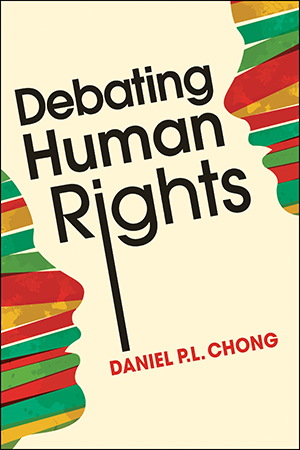
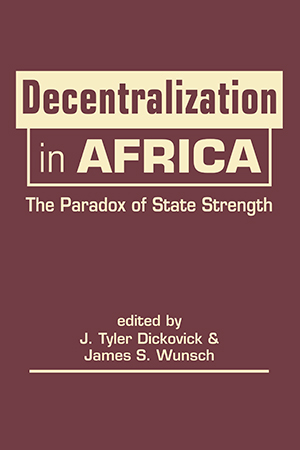
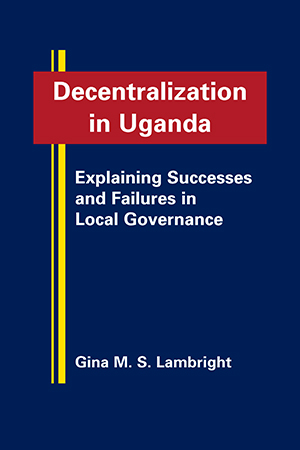
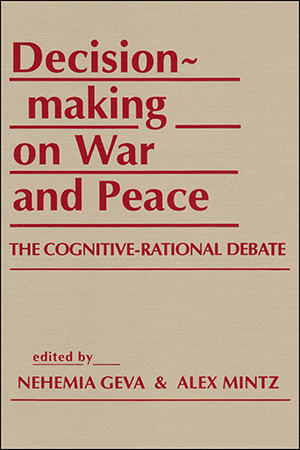
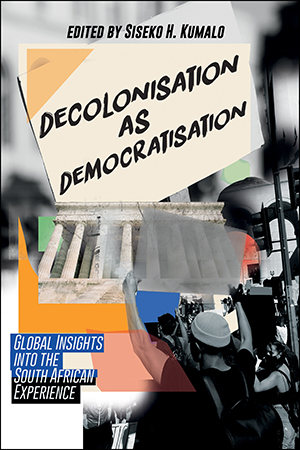
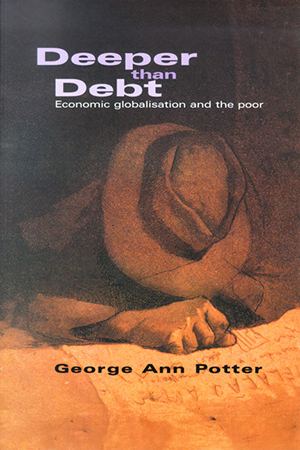
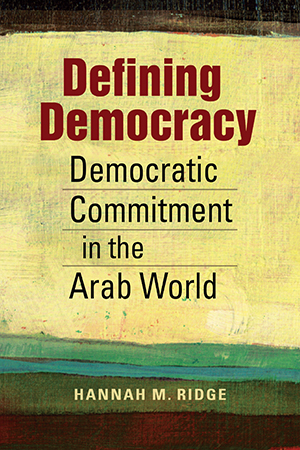
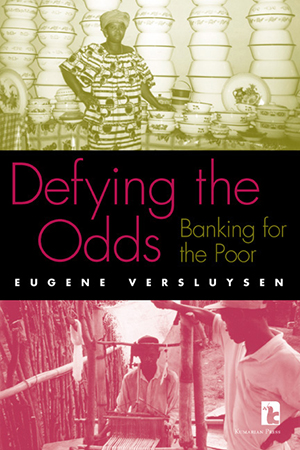
![Dele's Child [a novel]](/imgs/cover-unavailable.jpg)




